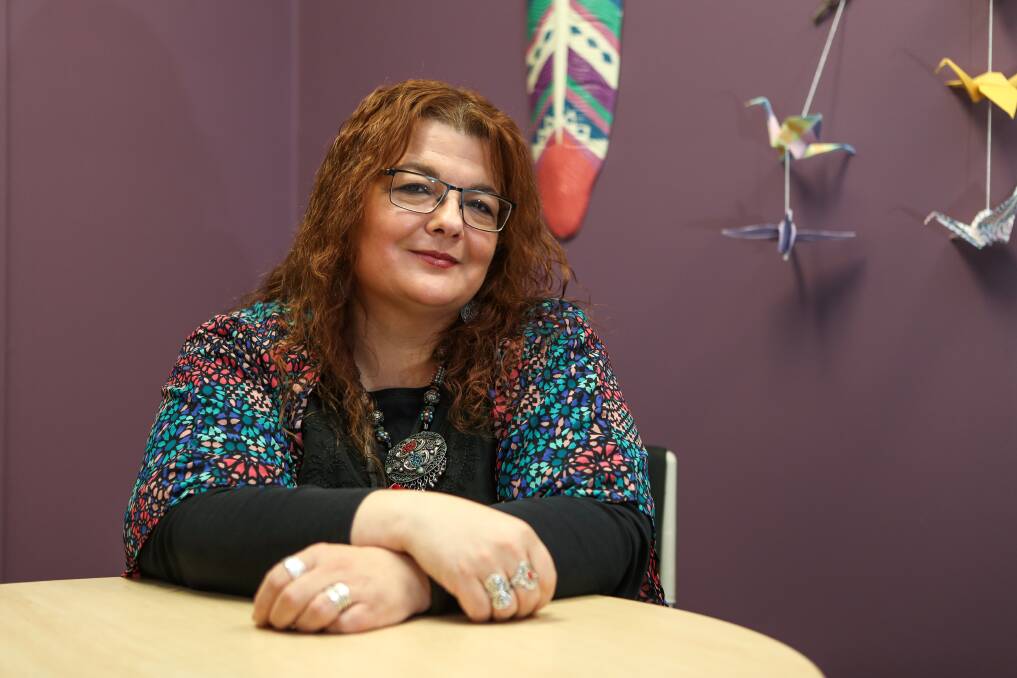
Alcohol is involved in at least one-in-four domestic violence incidents that end up at the Warrnambool Base Hospital Emergency Department however Western Region Alcohol and other Drug Centre director Geoff Soma says that figure could be much higher.
Subscribe now for unlimited access.
or signup to continue reading
Data collected by emergency staff and Deakin researchers as part of the Last Drinks study highlight the insidious role of alcohol products on family and intimate partner violence.
Mr Geoff Soma said alcohol was consistently implicated in more than 50 per cent of presentations seen at WRAD.
"Between the ED data and drug and alcohol centres you get some idea, but the data only picks up those that present for treatment," Mr Soma said. "There's also a significant percentage out there that, for whatever reason, are not seeking help."
Last Drinks researchers survey every adult presenting at Warrnambool Base Hospital emergency, asking questions about their alcohol consumption in the 12 hours prior to arrival.
Data collected over the past 18 months revealed that every incident of intimate partner or family violence where alcohol was a factor involving packaged alcohol products consumed at home.
Mr Soma said that current evidence indicated the supply of alcohol was related to the rates of harm.
The figures revealed two-out-of-three victims presenting to the ED were female, but domestic violence victims who had also been drinking alcohol were 87 per cent female.
Last Drinks project manager Nic Droste said collecting the data in ED meant it only recorded incidents where the victim had also consumed alcohol.
Mr Soma said treatment and support services grouped alcohol with other drugs because, and while legal, its impact was just as harmful as illegal substances. WRAD's specialist alcohol and drug family violence advisor Kayleigh Walmsley-Smith said while alcohol wasn't the cause of family violence it was "certainly an attributing factor"
"And also the severity of the violence can definitely increase," she said.
"What could have been one incident can quickly escalate to a very serious injury or a possible fatality. If you feel you are having problems with your relationship and your anger definitely there's avenues out there to seek help. Collaborative work among services is what we are trying to be able to identify some risks and strategies and then mitigate those risks for clients."
Mr Soma said WRAD was running a pilot program engaging GPs to screen patients for alcohol use, which was a key health issue, but it was also important for health professionals to ask questions around family violence to improve the support pathway and ensure people received the help they needed as early as possible.
Ms Walmsley-Smith said if family violence was detrimental and serious call 000.















